Advertisement
The learning curve for machine learning can feel sharp at the beginning, but what often makes the real difference isn’t the complexity—it’s where you choose to start. Instead of searching through a maze of online courses or drowning in buzzwords, you can find more grounded and direct learning material right on GitHub. The best part? It’s free, practical, and filled with code you can actually run.
Whether you’re a beginner or someone brushing up your skills for a new project or role, these GitHub repositories bring a mix of clarity, depth, and real use cases. Here are ten that stand out in 2025, each for a different reason.
Some libraries make you feel like you’re reading a puzzle instead of building a model. fastai does the opposite. It’s built on PyTorch and helps you build useful models with less friction. You’ll find well-commented code, tutorials written like actual human conversations, and tools that help you go from prototype to model without jumping through hoops. It’s especially helpful if you’re working on image classification or NLP and want results without dealing with boilerplate every step of the way.
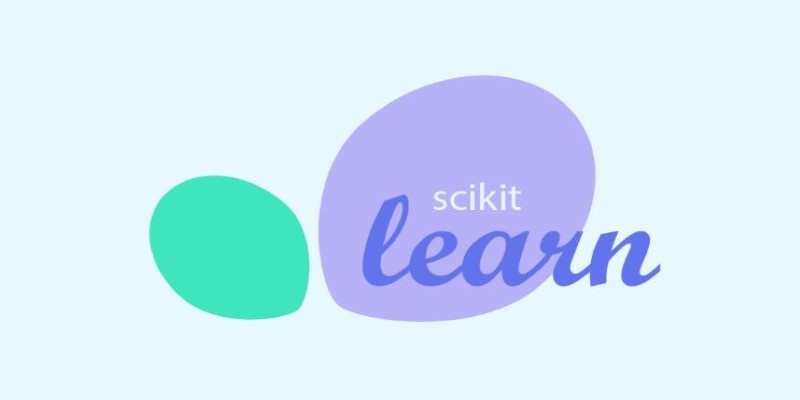
There's something refreshing about a library that just works. scikit-learn isn't flashy, but it's reliable and clean. It supports just about every classic machine learning algorithm you can think of—decision trees, SVMs, KNN, clustering—and wraps them in an interface that's consistent. You can load a dataset, train a model, and make predictions in just a few lines. And if you're the kind of person who likes to understand math without getting lost in it, their documentation balances theory with practical use better than most.
Working with LLMs no longer requires a PhD or an entire team. Hugging Face changed that. Their Transformers repo makes it realistic for developers to integrate models like BERT, RoBERTa, and T5 into applications. You’ll find pre-trained models that work out of the box, plus code to fine-tune them on your own data. They’ve also included tokenizers, attention visualizers, and training scripts that are ready to use. It’s the easiest way to experiment with modern NLP without feeling lost.
If you're serious about building custom models, PyTorch offers a balance of flexibility and control. Unlike libraries that abstract everything into two lines of code, PyTorch lays out the layers and operations in a way that’s closer to how things actually work. You get full control over the training loop, loss functions, and everything in between. The community is strong, and most new research papers are written with PyTorch these days, which means it keeps you close to the current direction of machine learning work.
TensorFlow has matured into a framework that handles everything from training models to deploying them on edge devices. The GitHub repository includes detailed guides, practical examples, and a full suite of tools. Keras, now fully integrated, makes building neural networks faster, while the low-level API still lets you dive deep if needed. It’s particularly useful if you’re building models that need to scale or run on different platforms, such as mobile or embedded systems.
Most online tutorials either skip the theory or drown you in it. D2L strikes a better balance. It combines math explanations with working code and clear illustrations. You’re not just told what softmax is—you build it from scratch. Every chapter in this repo is written like it’s meant to be understood, not just cited. It’s one of the few places where you can really connect the dots between how a model works and what the code actually does.
This isn't a library but a treasure map. The Awesome Machine Learning repo organizes hundreds of useful resources across different languages, use cases, and domains. It links out to libraries, books, datasets, frameworks, and research tools in a way that's much easier to browse than a search engine. It's the kind of thing you bookmark and keep returning to every time you want to try something new or dig into a different branch of ML.
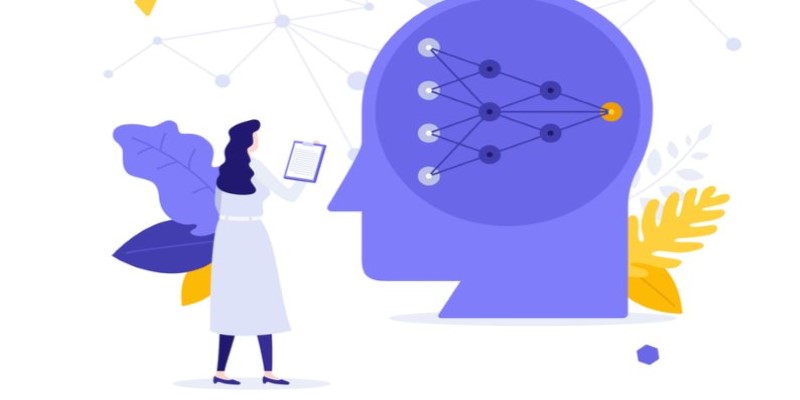
Sometimes, you don't need another abstraction—you need to see what's really going on. ML-From-Scratch is exactly that: implementations of core algorithms written in plain Python. No libraries. No frameworks. Just logic and loops. You'll find working versions of neural networks, decision trees, principal component analysis, and more. It's not optimized for speed, but it's excellent for learning. When you write the code yourself, even for something basic, the concepts start to stick.
Most interview prep guides focus too much on trivia. This repo takes a more grounded approach. It outlines the types of questions you’re likely to encounter if you’re applying for ML roles—from basic algorithm understanding to system design questions. It even includes how to talk about projects, evaluate models, and explain results to non-technical teammates. It’s not just about passing interviews—it helps you think like a machine learning engineer.
One of the biggest challenges in ML is stitching all the pieces together. Made With ML solves this by walking through end-to-end workflows. You’ll learn how to define problems, label data, train models, evaluate them properly, and finally put them into production. What makes this repo stand out is its attention to detail—it doesn't skip the boring parts. You see the full process, from model training to monitoring once it's live, which is exactly what working in ML looks like day-to-day.
These repositories offer more than just code—they give context, patterns, and, in many cases, real-world examples that can help you move past theory. Machine learning is not about memorizing formulas or copying notebooks. It's about building things that work, understanding how they behave, and knowing when to tweak and when to start over. Whether you're just starting or brushing up for the next big role, these GitHub repositories can serve as a strong base on which to build in 2025.Bottom of Form
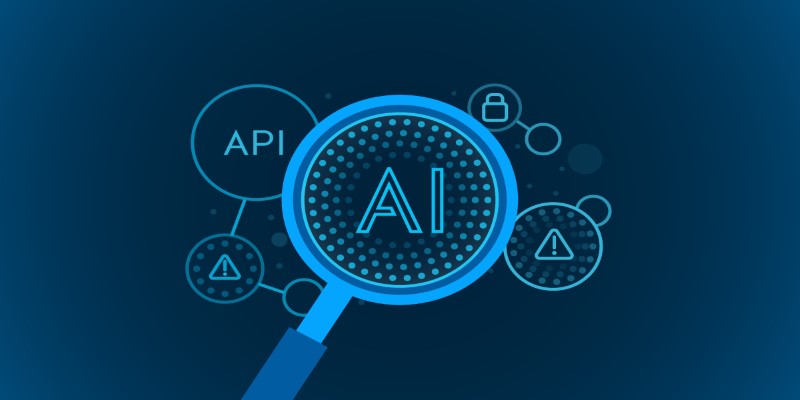
Wondering how to tell if content was written by ChatGPT? Discover four reliable AI-checking tools designed to help teachers, lecturers, and team leaders identify AI-generated writing with ease
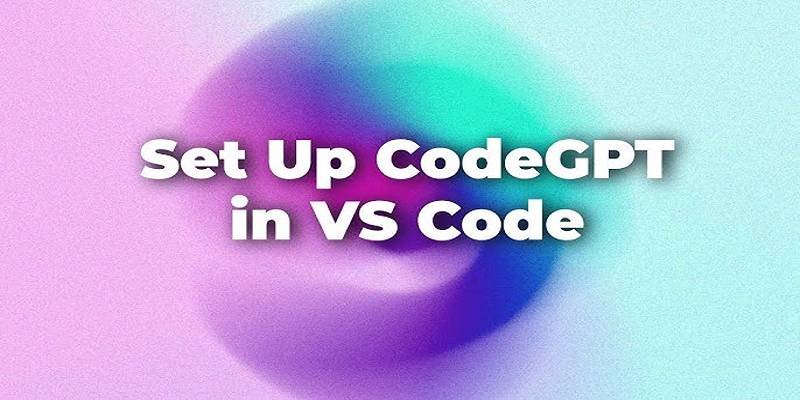
Learn how to install and use CodeGPT in Visual Studio Code to enhance coding efficiency and get AI-driven suggestions.

Need to remove an image background in seconds? Learn how Erase.bg makes it quick and easy to clean up product photos, profile pictures, and more with no downloads required

Discover how writers can use ChatGPT to develop fictional worlds, including culture, history, magic, politics, and more.

Learn how HR professionals can use ChatGPT to write emails, documents, and job posts faster and with less effort.

Learn how to access, run, and fine-tune Meta’s open-source Llama 2 model using Poe, Hugging Face, or local setup options.

Learn how to integrate ChatGPT with WhatsApp to automate replies, streamline service, and boost customer engagement.
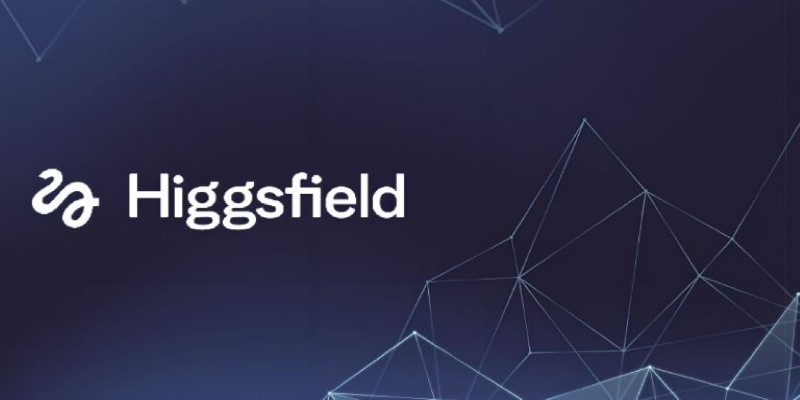
How is Higgsfield revolutionizing AI video creation? Learn about its fast, personality-driven videos perfect for social media, and how it compares to tools like Sora
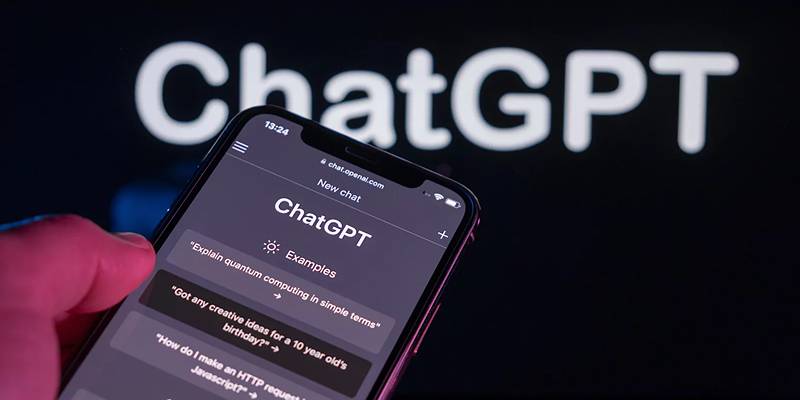
Many users say ChatGPT feels less intelligent, but OpenAI insists the AI model is smarter and safer with every new update.

Discover 11 effective ChatGPT strategies authors can use to create detailed, consistent, and dynamic book characters.
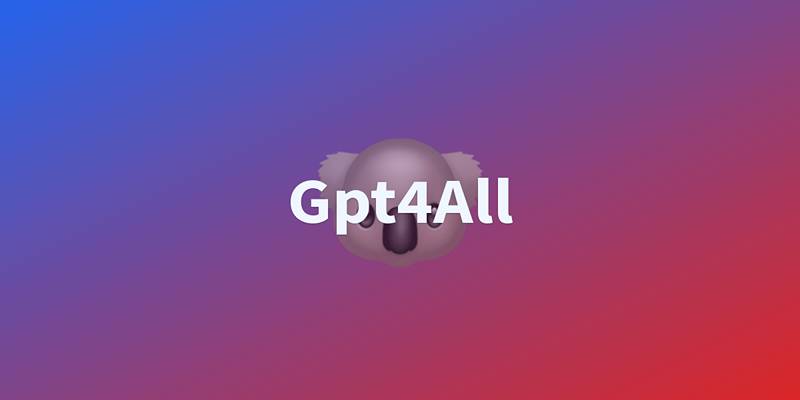
Install GPT4All on your Windows PC and run a ChatGPT-style AI chatbot offline, privately, and completely free of charge.

Google unveils the Veo video model on Vertex AI, delivering scalable real-time video analytics, AI-driven insights, and more